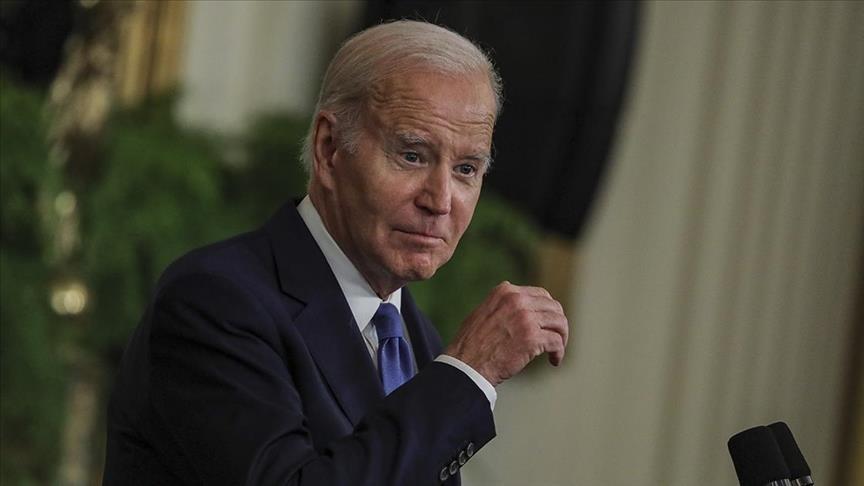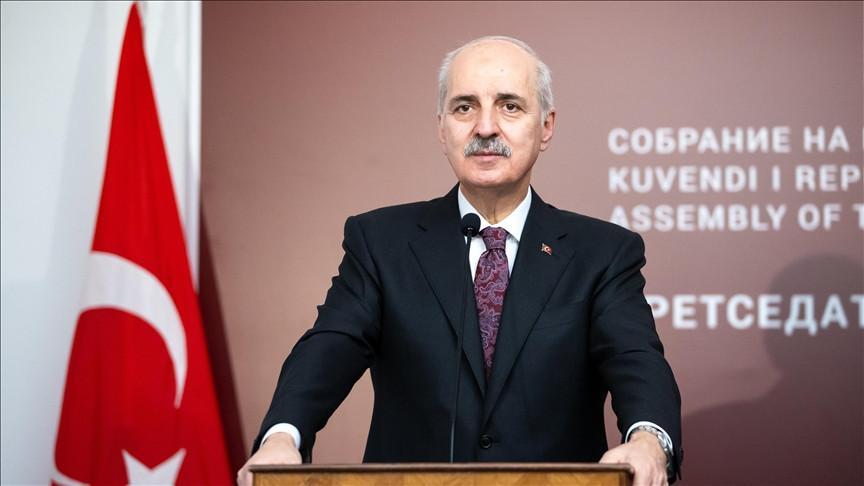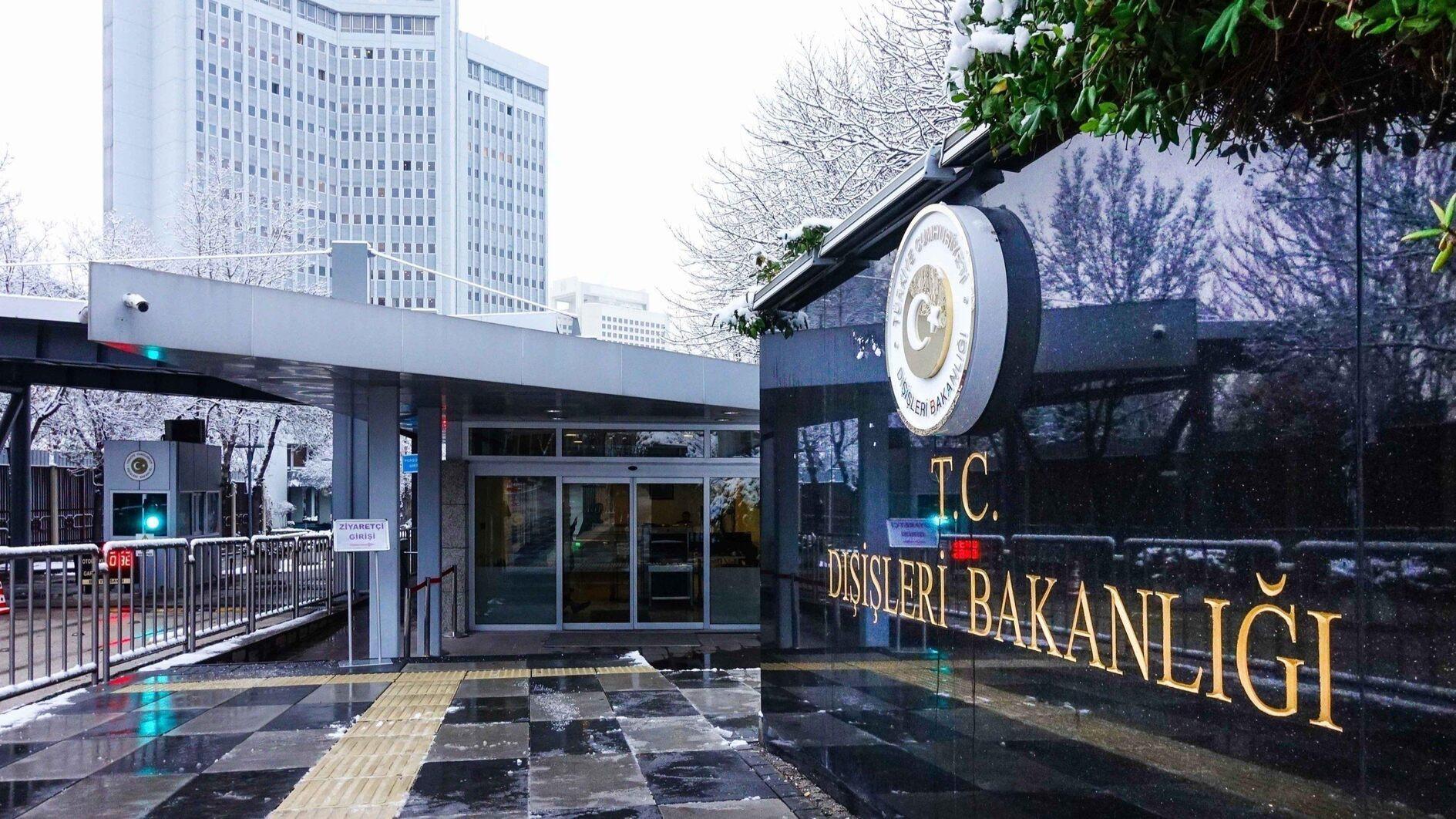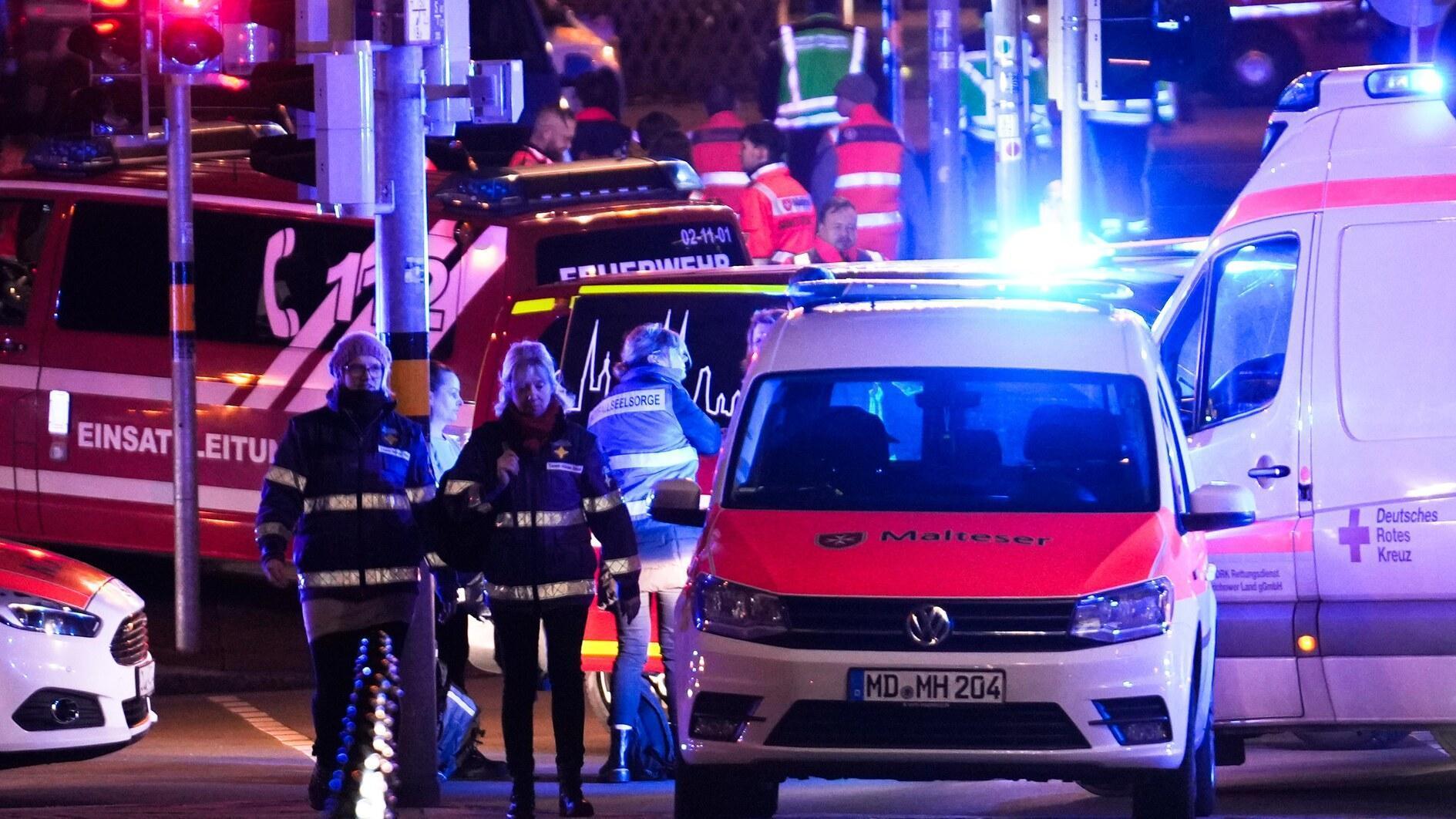16 killed in collapse at South Korea pop concert
SEOUL - Agence France-Presse
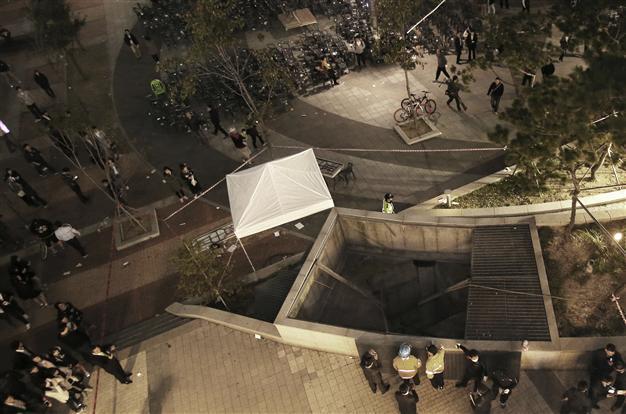
Rescue workers stand around a collapsed ventilation grate at an outdoor theater in Seongnam, South Korea, Friday, Oct. 17, 2014. AP Photo
Sixteen people were killed and nine others seriously injured when a ventilation grate gave way while they were watching an outdoor pop concert in Seongnam south of Seoul on Oct. 17, rescuers said."They were standing on the ventilation grate to get a better view when it collapsed under their weight," a spokesman for the local fire services told AFP.
Rescuers said 16 were confirmed dead, but added the death toll might rise with some of the injured understood to be in critical condition.
Television reports said the 25 people fell more than 10 metres (30 feet) into an underground parking area when the grate collapsed.
Amateur video footage obtained by the YTN news channel showed shocked spectators surrounding the collapsed grate as the popular all-girl K-pop band 4Minute, apparently oblivious to the accident, continued performing on the stage.
More than 700 people were believed to be attending the outdoor concert.
"There was a sudden, loud screaming, and when I turned it looked as if people were being sucked down into a hole," one witness told YTN.
A woman standing nearby said a great "cloud of dust" billowed up from the ventilation shaft after the grate collapsed.
Most of the dead and injured were believed to be students, YTN said, adding that the concert organisers had repeatedly urged the spectators to move off the grate before it collapsed.
South Korea has suffered a recent series of catastrophic accidents involving young victims, including the sinking of the Sewol ferry in April that left more than 300 dead, most of them high school students.
In February, the roof caved in on a student-packed auditorium near the southern city of Gyeongju, killing 10 people and injuring more than 100. An investigation uncovered evidence of structural flaws and lax management controls.
The Sewol disaster prompted government promises of a national review of safety standards, as it became clear that poor regulatory oversight was a major contributor to the scale of the tragedy.


